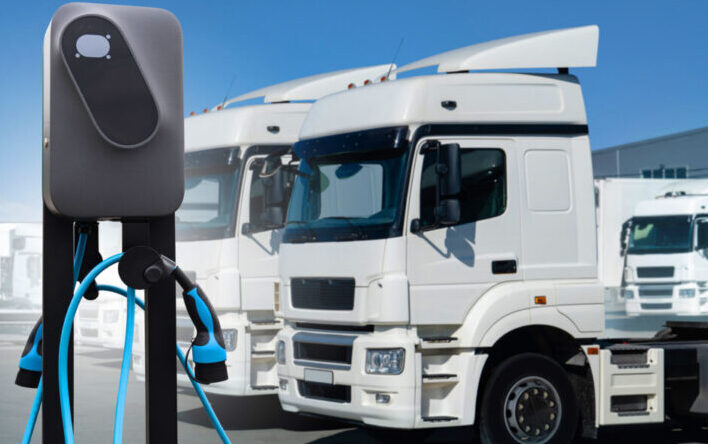March 14, 2024
Topic
Decarbonization has become an essential element of our future infrastructure. As of 2024 the California Air Resources Board’s (CARB) Advanced Clean Fleets Regulation is in effect, marking a significant milestone in promoting sustainable transportation. The regulation mandates that 50% of vehicle purchases must be zero-emission, with a target of 100% by 2027 for medium and heavy duty vehicles in public fleets. Although intended to accelerate the transition of fleets to zero emission vehicles across California, it does bring complexity to the efforts of fleet managers affected by the regulation, as well as the potential to intensify strains in fleet operations.
Prospect Silicon Valley (ProspectSV) and Silicon Valley Clean Cities Coalition recently held a webinar for public organizations where speakers David Renschler, City of Fairfield Fleet Manager, and David Worthington, County of Santa Clara Fleet Manager discussed their fleet transitions. They discussed some of the specifics of the regulations, challenges they have encountered, and considerations other organizations should think about. Among these are the sheer cost of fleet purchases and the energy demand being shifted from conventional fueling to on-site power, but also several operational impacts for any fleet operations to anticipate.
We’re in a wave of change, and that means things are messy. In an ideal world, every electric vehicle, every charger, and every grid entity would share seamless interoperability, and every vehicle would have a zero-emission substitute, especially the medium- and heavy-duty vehicles that will likely be around for 20+ years once purchased. That time may come, but it isn’t today. These transitions require careful planning, awareness of new vehicle developments, and a methodical approach to training and implementation to preserve a fleet team’s ability to provide services with a minimum of growing pains.
In 2023, during the wind-down of our Empower Procurement Program, we designed and delivered Technical Assistance for Fleet and Building Electrification/Decarbonization to over 25 public institutions, including cities, counties, and school districts. We focused on public institutions because they are consistently understaffed, under-resourced, and often face additional complexities in launching a fleet decarbonization initiative. With these partners, we gathered vehicle and fuel data including make, model, year, VIN, mileage, department, and fuel contracts, and then analyzed vehicle age and mileage to identify vehicles that should be prioritized for replacement. We also performed “total cost of ownership” analyses on the priority vehicles, which illuminated financial advantages over the vehicle lifespan. ProspectSV delivered an overview of EVSE and mapped funding opportunities from a variety of sources including State, Federal, and Utilities/CCAs. Lastly we helped them develop short-term and long-term objectives, providing evidence and tools needed to communicate these objectives to their stakeholders and oversight.
Here’s what we’ve learned – there are no quick solutions to this matter, and no singular pathway to the goal. Advocacy and partnerships are critical to a successful start. Build your team, and plans, carefully.
ProspectSV, a long-time partner of CivicWell, works across industry and the public sector on the shift to zero-emission vehicles and other decarbonization efforts. For more information, contact Ilse Villacorta, Project Manager.





